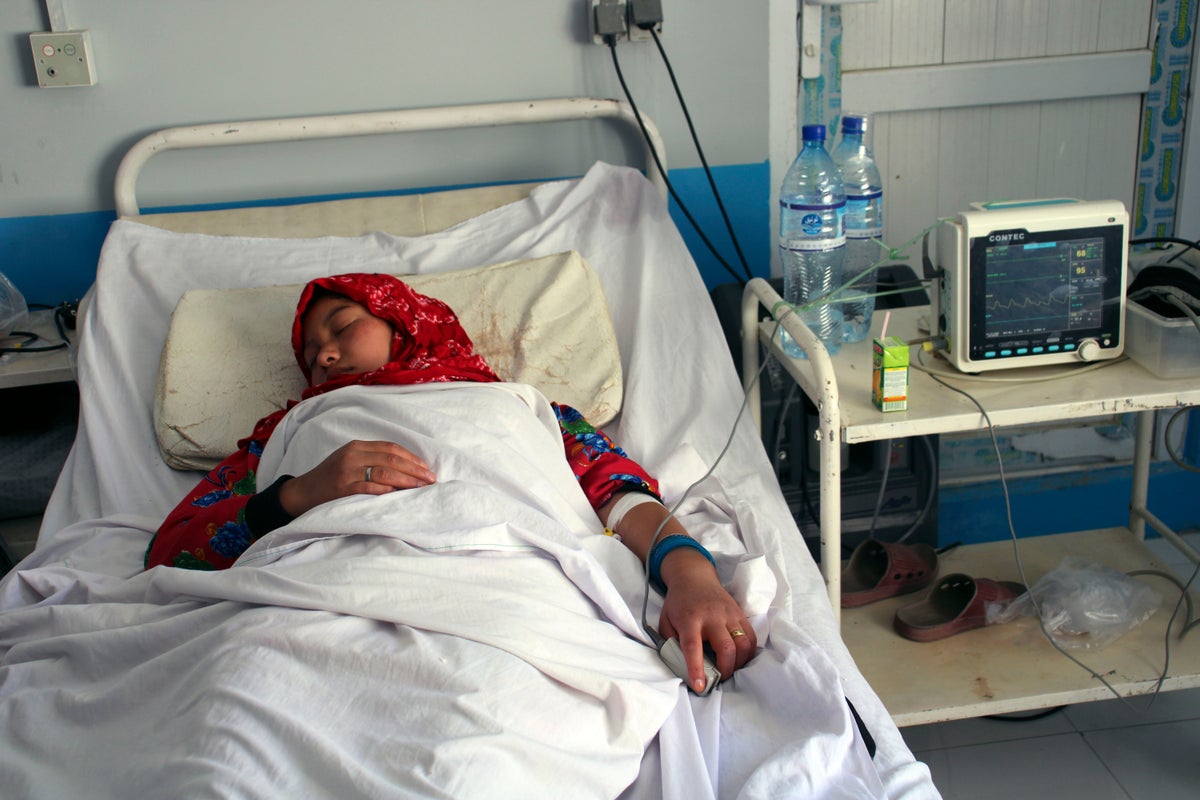
The European Union called on Afghan authorities Tuesday to investigate the poisoning of primary schoolgirls in the country's north after 77 students were hospitalized.
Two separate attacks took place in Sar-e-Pul province on Saturday and Sunday, local authorities said.
Sixty schoolgirls were poisoned in Naswan-e-Kabod Aab School and 17 others were poisoned in Naswan-e-Faizabad, said the head of the provincial education department Mohammad Rahmani. He said the attacks happened at the start of classes and students were vomiting and had asthma, vertigo and headaches.
Rahmani said the department's initial investigation showed the person who orchestrated the poisonings had a personal grudge and that a third party was paid to carry out the attacks. He has not said what kind of substance officials believe the girls were poisoned with, and local authorities have not provided updates on the attack.
Taliban officials in the capital Kabul were not immediately available for comment Tuesday on the EU's demand for an investigation.
The EU in a statement called the poisonings a “heinous crime that needs to be followed up by the de facto authorities,” in line with their obligations to protect the population under international law.
“Right to education is the human right of all children, everywhere. Schools need to be safe places for all children.”
The Taliban-led government — which severely restricted the rights and freedoms of Afghan women and girls after taking over Afghanistan following the U.S. and NATO withdrawal from the country in 2021— has not commented on the poisonings.
Girls are banned from education beyond sixth grade, including university, and women are barred from most jobs and public spaces.







